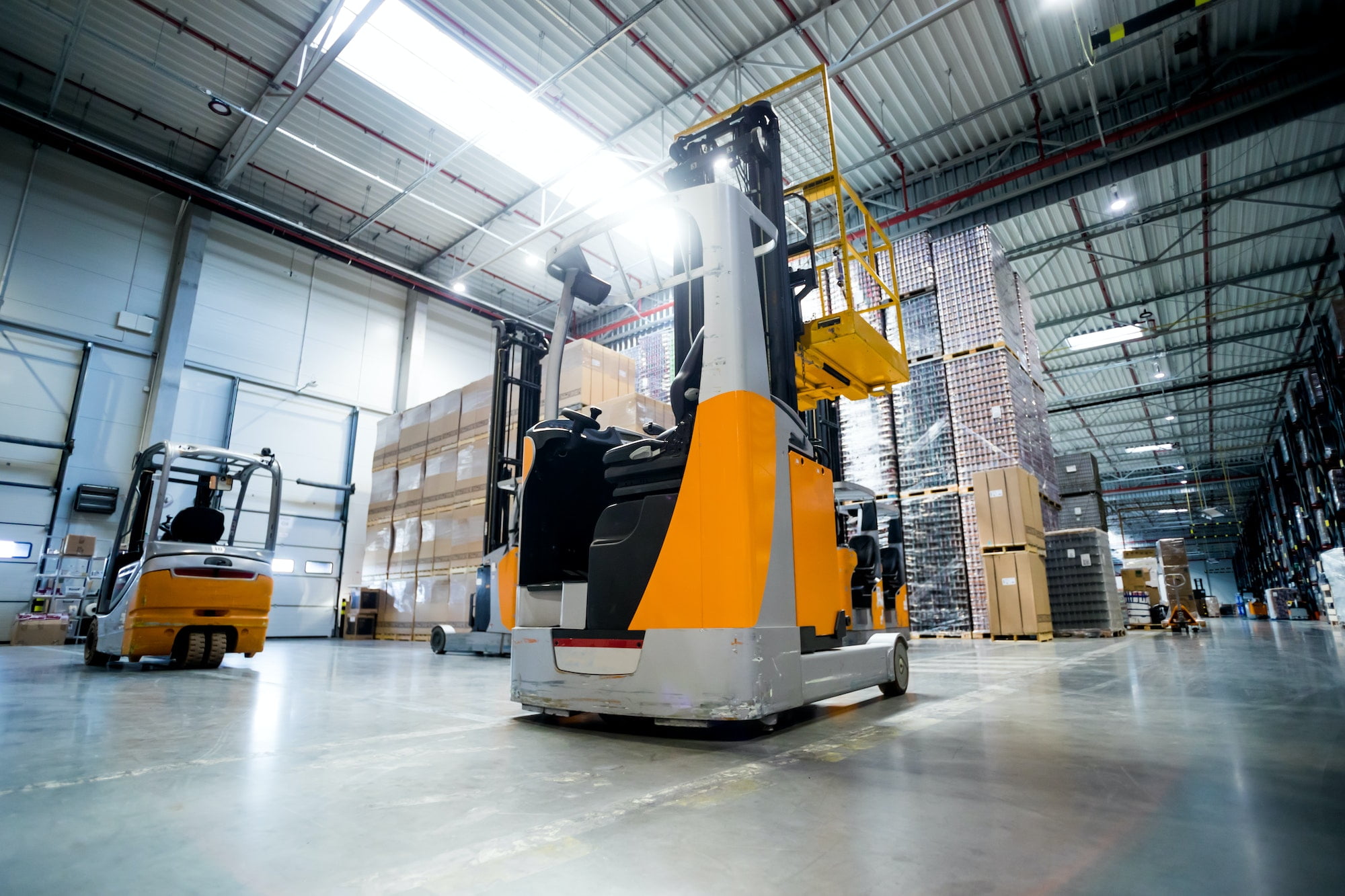Investing in forklift operator training programs is essential for any company that utilizes this type of equipment. Forklifts are a valuable tool in many businesses, but their use can be dangerous and require proper training to reduce the risk of accidents. By investing in forklift operator training programs, companies can ensure that their operators are knowledgeable and have the skills necessary to safely operate the equipment. This article will discuss four key benefits of investing in forklift operator training programs.
Reduced Risk of Injury
One of the most important benefits of investing in forklift operator training programs is that it helps reduce the risk of injury. Forklifts can be extremely dangerous if not operated properly, so it is essential that operators understand how to use them safely. With proper forklift operator training, operators are better equipped to recognize potential hazards and are more likely to avoid accidents. This can lead to fewer injuries and less downtime due to injury-related absences.
Forklift operator training also allows operators to become accustomed to the specific safety protocols they must follow while operating the equipment. This can help reduce the risk of minor injuries such as cuts, scrapes, and bruises which may occur if an operator fails to follow safety protocols.
Increased Productivity
Another benefit of investing in forklift operator training programs is increased productivity. Properly trained forklift operators are able to move products quickly and efficiently without sacrificing safety. This allows companies to complete tasks quicker and get more work done in less time.
Forklift operation requires a lot of skill, especially when it comes to maneuvering around tight spaces or turning corners quickly without damaging goods or property. With proper training, operators are better able to handle these difficult tasks with ease and complete tasks faster than an untrained operator.
Reduced Equipment Damage
Investing in forklift operator training programs can also help reduce damage to equipment. Poorly trained operators may not know how to properly operate a forklift or may not be aware of certain safety protocols which can lead to damage or malfunctioning of the equipment.
By providing proper training, companies can ensure that their operators know how to properly handle the equipment and prevent unnecessary damage or breakdowns. This saves money on repairs and replacements as well as reducing downtime due to equipment malfunctions.
Improved Safety Standards
Finally, investing in forklift operator training programs helps improve safety standards within a company. Properly trained operators are better equipped to recognize potential hazards and take appropriate action when necessary. This reduces the risk of accidents and injuries, as well as other incidents which could cause harm or damage.
Forklift operator training also helps ensure that all employees have a basic understanding of safety protocols and procedures which must be followed when operating a forklift. This helps create a safe working environment for all employees as well as customers who may be present at the facility.
Investing in forklift operator training programs is essential for any business that utilizes this type of equipment. Not only does it help reduce the risk of injury, but it also increases productivity, reduces equipment damage, and improves overall safety standards within the workplace. To learn more about how your business can benefit from investing in forklift operator training programs, contact us.

